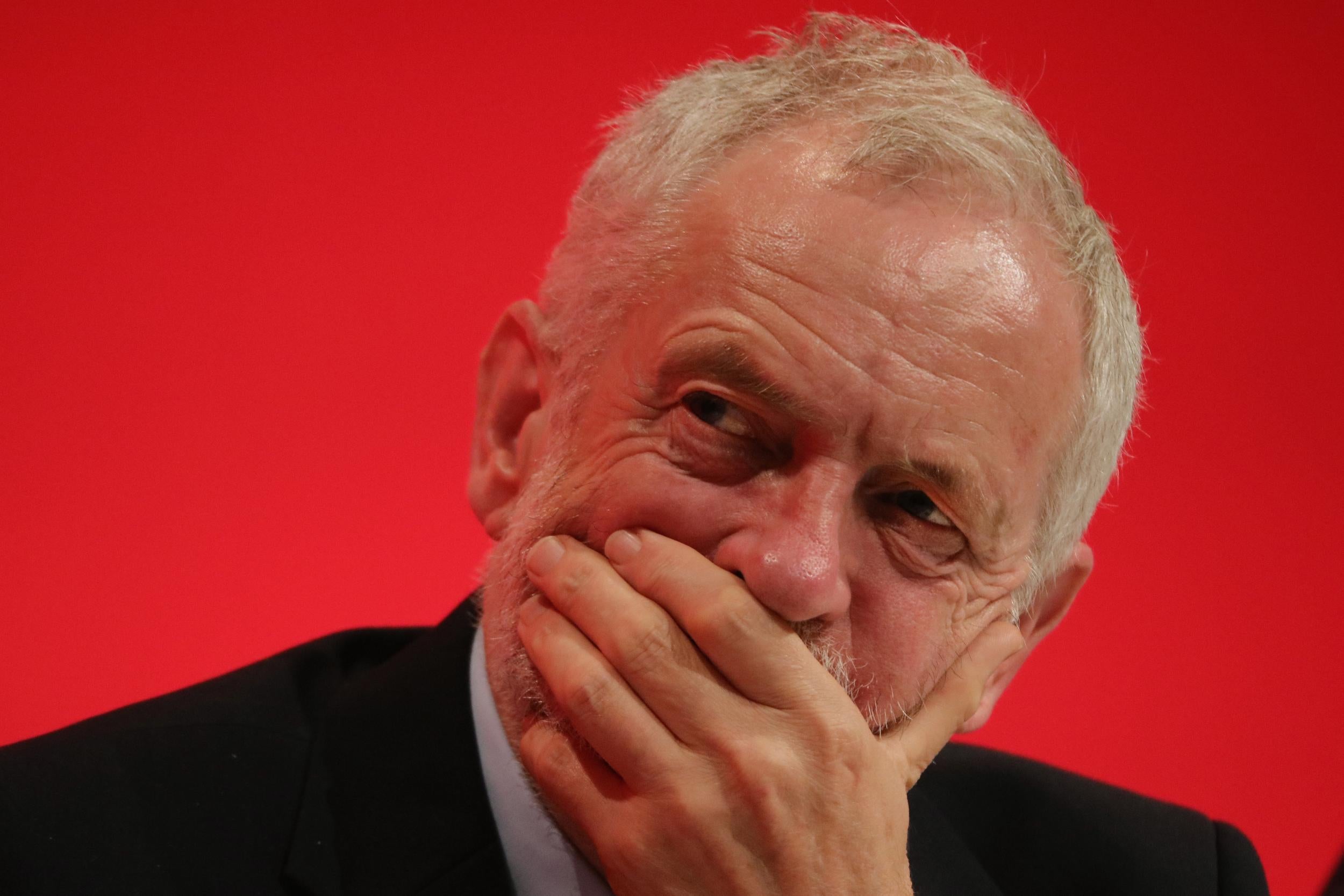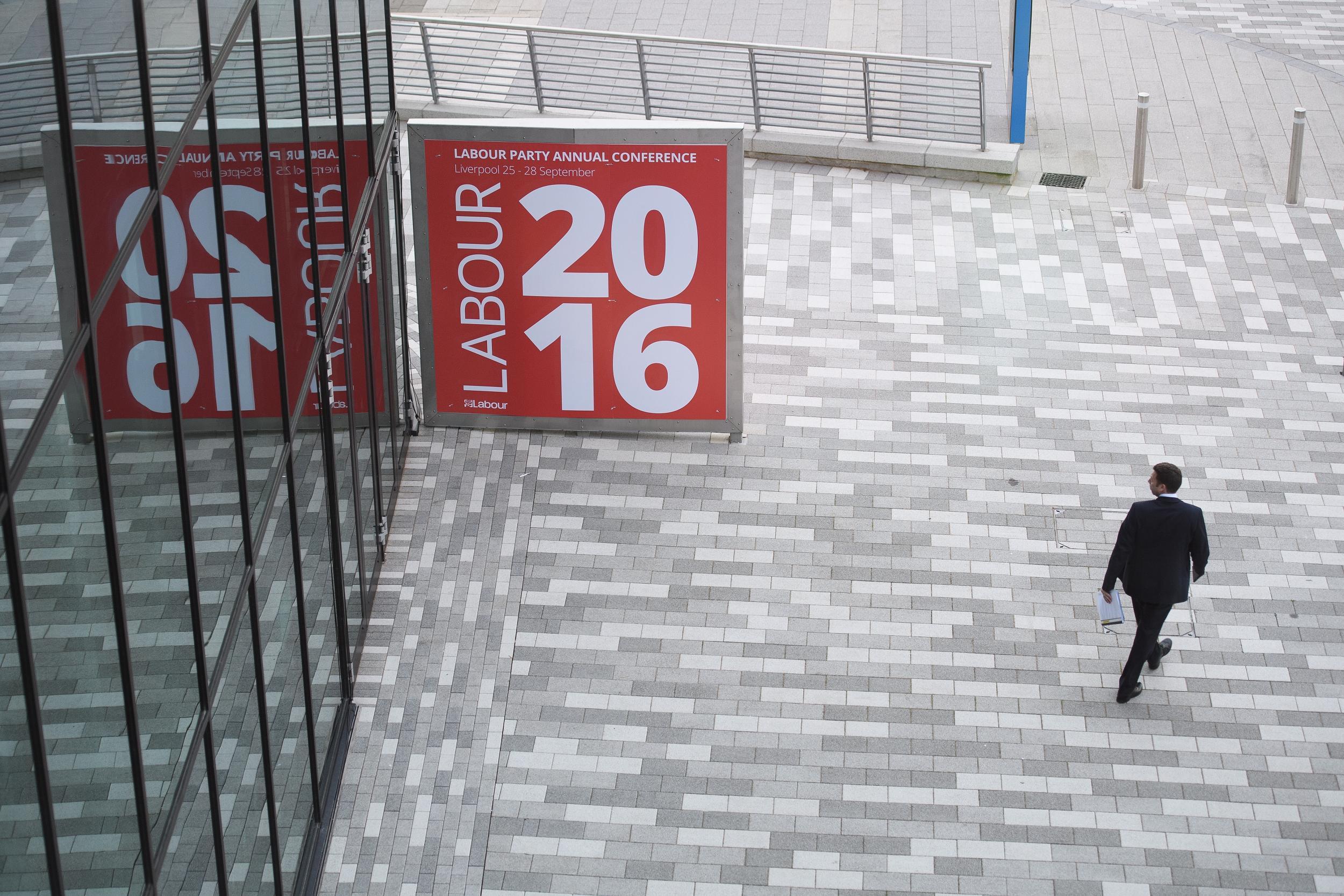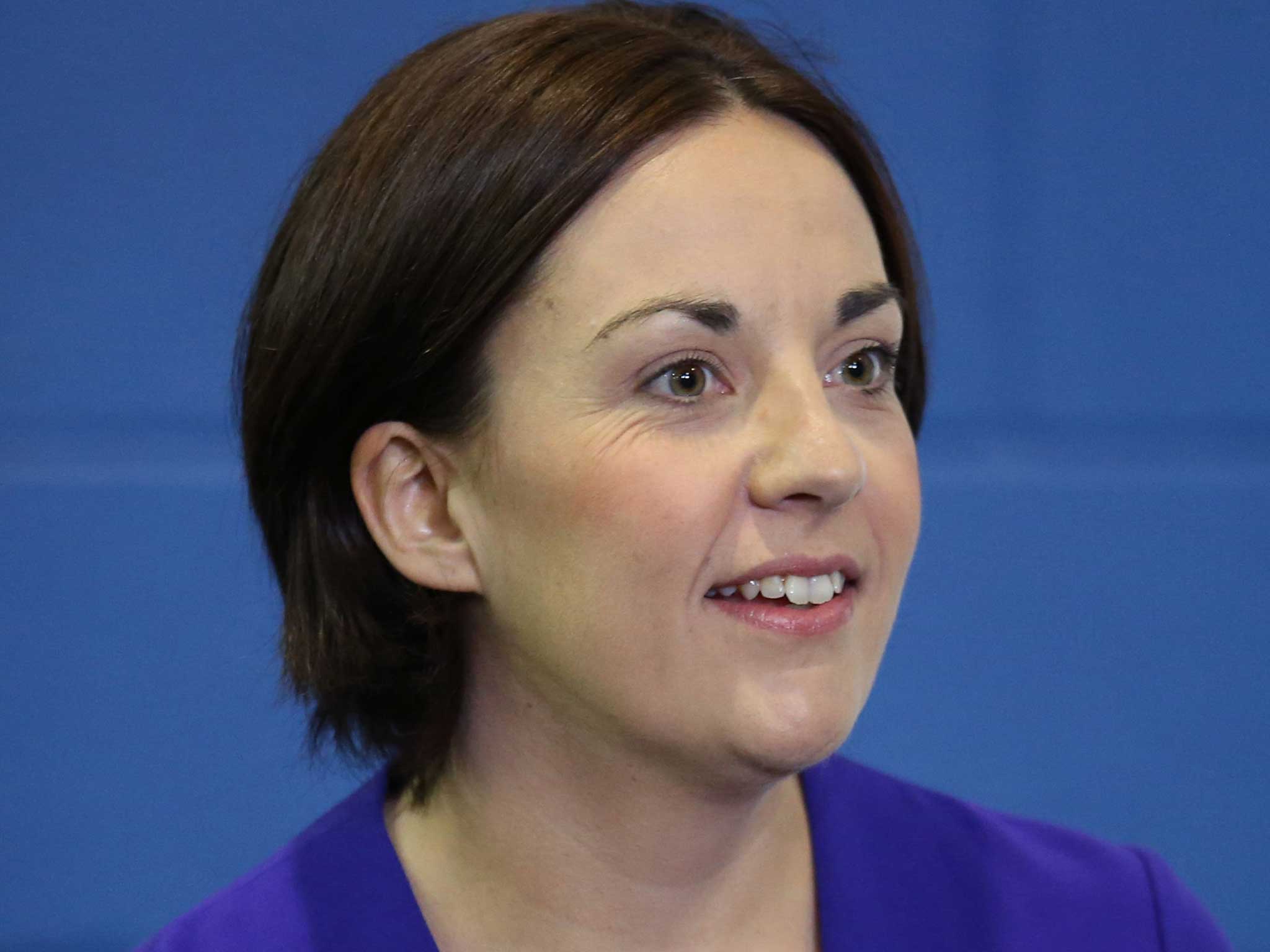Jeremy Corbyn set to lose majority on Labour's NEC after party adds two unelected members to the body
The Scottish and Welsh party leaders, who have criticised Mr Corbyn, will appoint members

Your support helps us to tell the story
From reproductive rights to climate change to Big Tech, The Independent is on the ground when the story is developing. Whether it's investigating the financials of Elon Musk's pro-Trump PAC or producing our latest documentary, 'The A Word', which shines a light on the American women fighting for reproductive rights, we know how important it is to parse out the facts from the messaging.
At such a critical moment in US history, we need reporters on the ground. Your donation allows us to keep sending journalists to speak to both sides of the story.
The Independent is trusted by Americans across the entire political spectrum. And unlike many other quality news outlets, we choose not to lock Americans out of our reporting and analysis with paywalls. We believe quality journalism should be available to everyone, paid for by those who can afford it.
Your support makes all the difference.Jeremy Corbyn is set to lose his majority on Labour’s national executive committee (NEC) after the party moved to add two extra unelected seats to the body – shifting the balance of power.
The Labour leader’s supporters won a clean sweep of all the open elected positions on the NEC last month, putting Mr Corbyn over the line with six additional supporters, who are due to take their seats after conference.
The outgoing NEC, which is hostile to Mr Corbyn, however passed a rule change to add two additional members to itself – chosen by the leaders of the Scottish and Welsh Labour parties. The leaders would be allowed to nominate themselves if they wished.
Mr Corbyn supported adding additional seats for Scotland and Wales but said they should be chosen by party members instead of appointed.
With Scottish and Welsh leaders Kezia Dugdale and Carwyn Jones having previously spoken out against Mr Corbyn’s leadership the new NEC seats are likely to cost Mr Corbyn his in-built majority – and control over key areas of the party’s internal policy.
Previous controversial decisions taken by the old NEC include banning new members from voting in the Labour leadership contest, as well as raising the fee to vote from £3 to £25 apparently in order to deter supporters of Mr Corbyn.
Though there are no official factions on the NEC and no precise count of Mr Corbyn's majority, the change will definitely make life more difficult for the Labour leader and dilute his influence.
Jackie Baillie MSP told conference the reforms had been in train for “over a decade” and that they were a result of discussion between Mr Corbyn and Ms Dugdale.
“Nobody is questioning Jeremy Corbyn’s right to be on the NEC. The Scottish leaders should be on there too, as should the Welsh leader,” she said. Other speakers said putting the extra seats on the NEC was necessary for Labour to win back Scotland.
There was however controversy at Labour's Liverpool conference on Tuesday over the confirmation of the rule change. Max Shanly, a delegate from Young Labour, made a point of order accusing the chair of trying to "rig the debate" by not allowing speakers against the package of changes.
A number of speakers also criticised the fact the there was no vote on the specific change – and that it was instead grouped in a vote with a package of other unrelated changes, such as beefing up Labour's women's conference. Steve Walker, a first time delegate from Garston and Halewood constituency Labour Party (CLP), said the move would go against "the democratic will of the vast majority" in the party.
“Frankly, adding nominated members rather than elected members to the NEC is an anti-democratic attempt by an NEC that’s composed of a significant number of people who’ll be leaving at the end of this week, to try and rig the deck afterwards,” he said.
“If this gets through it will decide negatively how we take the fight to the Tories because it will be against the democratic will of the vast majority of members of this party.”

Harry Donaldson, chair of conference arrangements committee, defended not letting delegates vote individually on the rule changes and instead only as a package.
“These are a single package of rule changes as details on CAC1 and will be taken in one single vote as was agreed by conference on Sunday,” he said.
NEC member Paddy Lillis who was chairing the debate at this point, refused to give delegates a so-called “card vote” on whether rule changes should be voted on individually, instead passing it with a show of hands he said was “overwhelming”.
The card vote would have been a formalised vote that counted which way delegates voted on the motion. Mr Lillis said it would have taken “over and hour” to conduct the vote and that conference had other issues to debate.

In heated scenes on the conference floor, Christine Shawcross, another NEC member, took to the stage uninvited by the chair to point out that a card vote was applicable because the proposer of the motion had asked for one.
“Several people said including the mover that they wanted a card vote … I move that we immediately move to the card vote now,” she said.
Manuel Cortes, the president of the TSSA rail union, who proposed the motion calling for the measures to be split up, told the conference: “I very clearly called for a card vote. The rules of our party says that when you move a reference back and you call for a card vote a card vote will be taken. That’s what the rules say.”
Mr Lillis said: “The reason for taking a card vote is if it looks like it’s close, it wasn’t close.”
Labour’s NEC currently consists of the Labour leader, deputy leader, frontbenchers, trade union representatives, constituency party representatives, councillors and members of the Parliamentary Labour Party. The Welsh and Scottish leaders will now appoint two extra members.
The blow to Mr Corbyn comes just days after he was re-eleceted as leader of the party following a challenge by his internal opponents.
Join our commenting forum
Join thought-provoking conversations, follow other Independent readers and see their replies
Comments